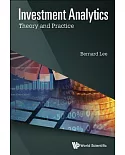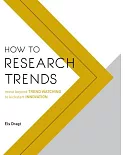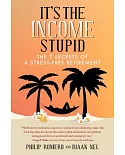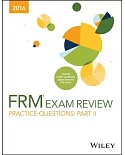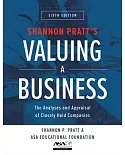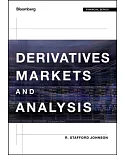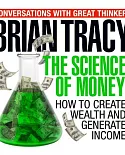Where do you get algorithmic trading strategy ideas? They’re everywhere, but they require your intuitive sense to recognize, and they must be easy to explain. You can’t find a successful
trading system by combining indicators, time periods, patterns, and other techniques in a computer. You will find something that worked brilliantly in the past, but with little hope of working
in the future.
You must start with a sound premise. That could be:
- Trends based on interest rate policy set by the Fed
- Seasonal patterns that exist in agriculture, airline stocks, vacation resorts, heating oil, and other stocks and commodities
- Exploiting the difference between two similar stocks, such as two chip manufacturers, pharmaceutical companies, or home builders (stock arbitrage, or pairs trading)
- Buying or selling price volatility before an earnings report or after a price shock
- Fading an upgrade announcement by a major firm (old news by the time it prints on the screen)
- Same-time-next-month patterns, when funds redeem and add to their positions
- The 3-day cycle, based on human nature, but dependable for 50 years
- Weekly patterns, such as "Up on Monday, down on Tuesday"
There are many others, but to recognize these opportunities you must trade. Trading is the best way to concentrate your attention on the market and absorb the effects (on your money) of
economic reports, geopolitical events, and specific company news. With money in the market, your focus on price movement is greatly increased and you look to quickly resolve the problems that
cause losses.
With decades of experience in almost every market, Kaufman provides algorithmic trader aspirants guidance on how to develop their first insights as traders, and then provides them with the
essentials of how to turn those insights into profitable strategies and lessons on how to trade for a living.



